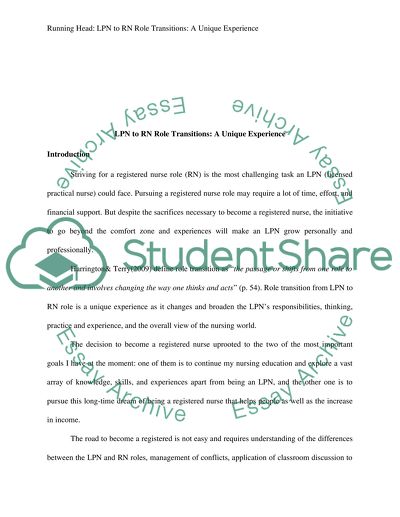Cite this document
(“LPN to RN Role Transitions Essay Example | Topics and Well Written Essays - 1250 words”, n.d.)
Retrieved from https://studentshare.org/nursing/1578278-lpn-to-rn-role-transitionsa-unique-experience
Retrieved from https://studentshare.org/nursing/1578278-lpn-to-rn-role-transitionsa-unique-experience
(LPN to RN Role Transitions Essay Example | Topics and Well Written Essays - 1250 Words)
https://studentshare.org/nursing/1578278-lpn-to-rn-role-transitionsa-unique-experience.
https://studentshare.org/nursing/1578278-lpn-to-rn-role-transitionsa-unique-experience.
“LPN to RN Role Transitions Essay Example | Topics and Well Written Essays - 1250 Words”, n.d. https://studentshare.org/nursing/1578278-lpn-to-rn-role-transitionsa-unique-experience.


